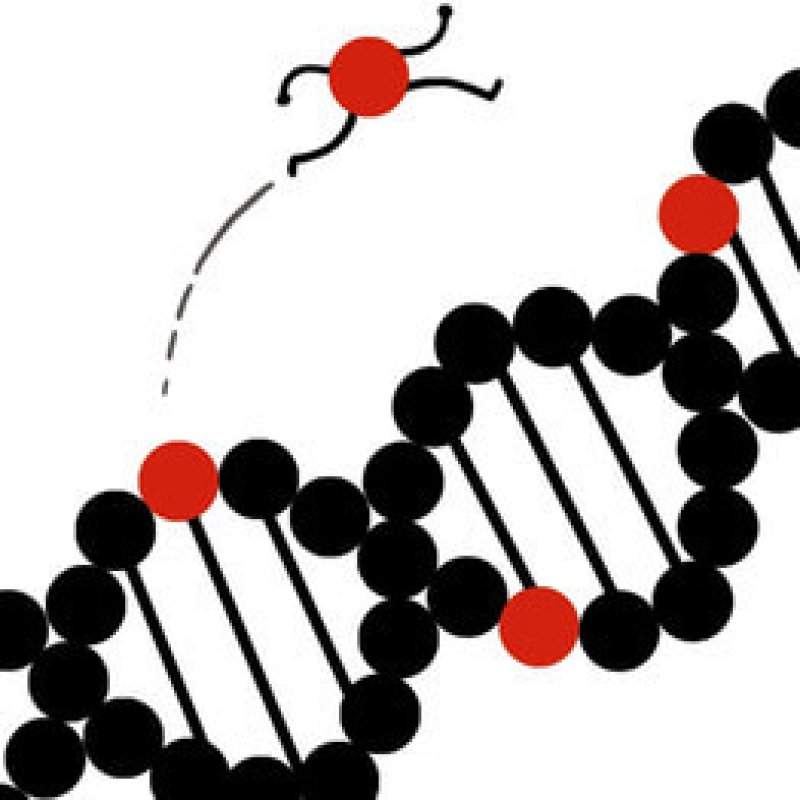Nearly half [of our genes are] made up of jumping genes, which are also called mobile DNA or mobile genetic elements. These stretches of DNA have the ability to move from one location in the genome to another, an ability that normal genes lack.
…
Exactly how these ancient jumping genes contributed to the development of the modern human is unclear. Scientists think that their step-wise integration coincided with the emergence of an increasingly complex brain structure, possibly giving us a crucial advantage during primate evolution. And their influence can still be felt today.
…
While we now know that jumping genes contribute to normal body functions, they also have the potential to wreak serious havoc with our genes.
Mobile DNA can jump to another location on the same chromosome or a different chromosome each time a cell divides. If this happens in sperm or egg cells, it will be passed on to the next generation. The current estimate of such events occurring ranges from 1 in 20 to 1 in 1,000 births.
These jumps can disrupt normal gene function and result in spontaneous emergence of heritable diseases, such as blood disorders, neurodegeneration, and age-related macular degeneration.
The GLP aggregated and excerpted this blog/article to reflect the diversity of news, opinion, and analysis. Read full, original post: Jumping genes made us human, but can they cause disease?































